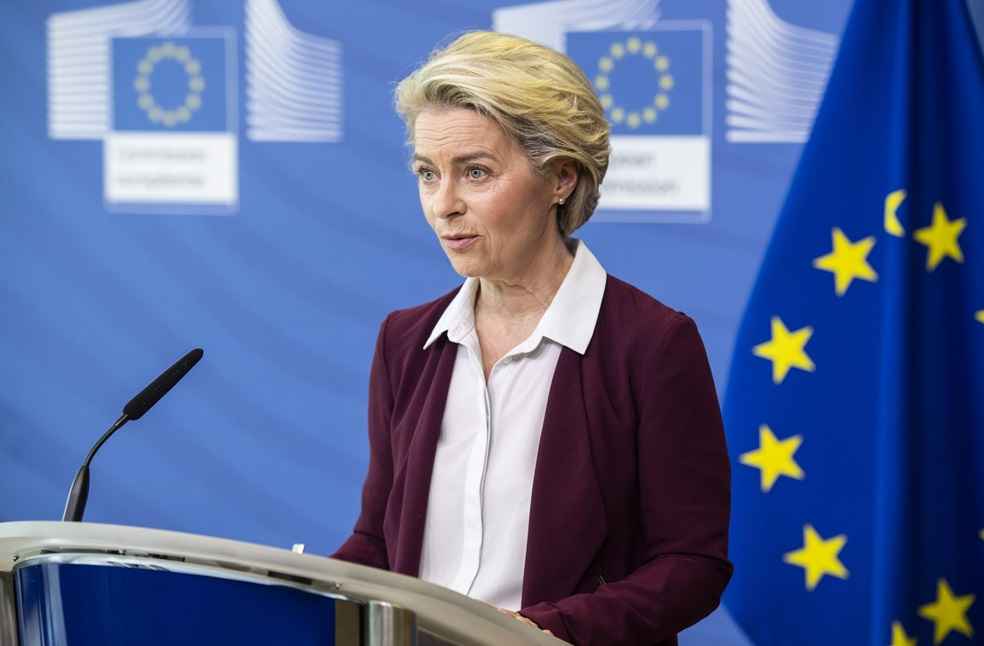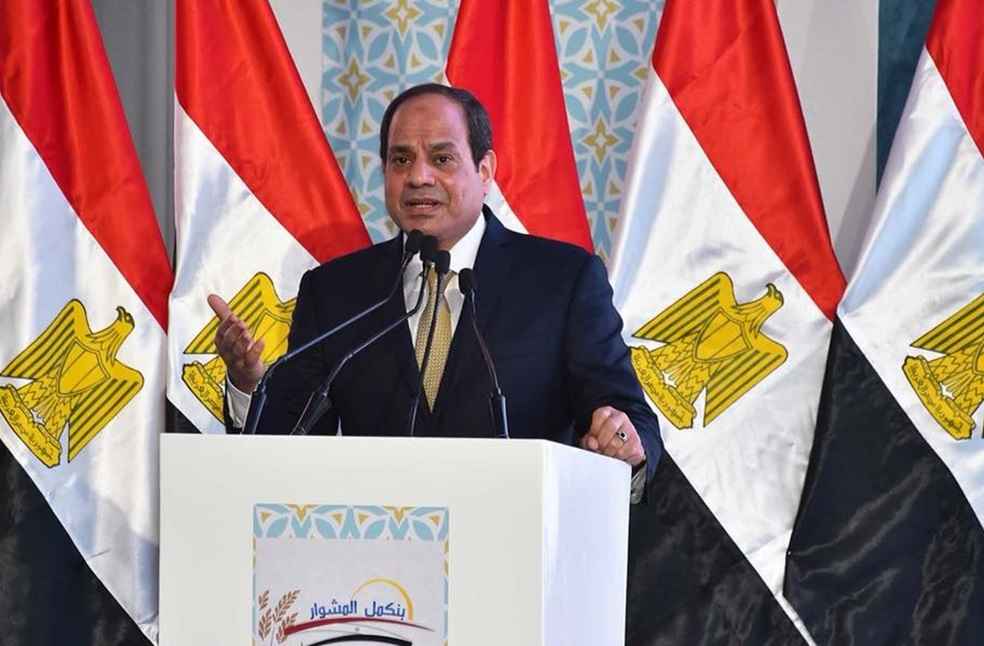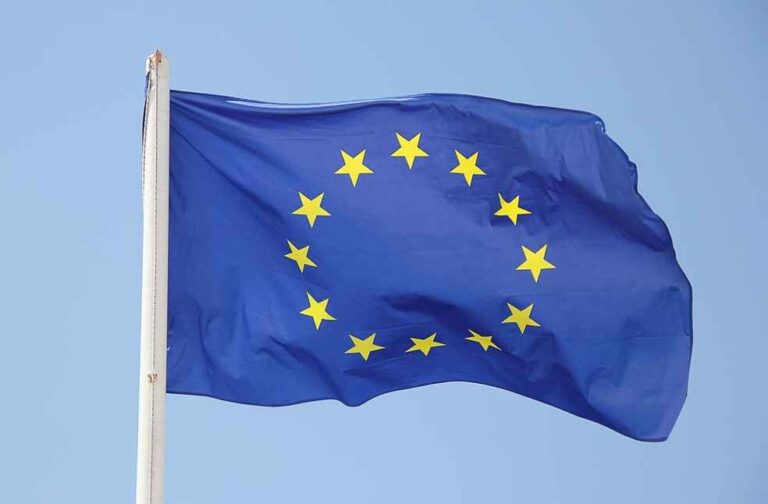Cairo: European leaders are set to announce an upgraded relationship with Egypt along with a funding package worth 7.4 billion euros ($8.06 billion) in Cairo. However, rights organisations raised concerns about this move, citing potential implications for the flow of migrants across the Mediterranean.
The agreement aspires to bolster Egypt’s struggling economy over the next three years by providing grants, loans and other funding while fostering cooperation in areas such as trade, security and renewable energy.
Egypt is facing economic hardships for years, with high inflation rates and increasing numbers of people fleeing the nation. However, recent developments such as a record deal for Emirati investment, an expanded loan programme with the IMF, and a sharp currency devaluation eased financial pressure on the government.
According to diplomats, the ongoing conflict in Sudan and the war in Gaza, which borders Egypt’s Sinai Peninsula, emphasise the strategic importance of Egypt. Being the main channel for global humanitarian aid sent to Gaza, Egypt plays a crucial role in the region. The United States and Qatar are presently trying to mediate a truce between Israel and Hamas.

A delegation led by European Commission President Ursula von der Leyen, which also includes the Prime Ministers of Italy and Greece as well as the President of Cyprus, will be visiting Egypt. The Egyptian government declared that they secured $20 billion in multilateral backing through a raised loan and monetary reform programme with the International Monetary Fund (IMF).
In recent times, a consequential growth in the number of Egyptians endeavouring to enter Europe through Libya. As a result, there was a severe upgrade in migrant appearances on the Greek islands of Crete and Gavdos, with most of the arrivals arising from Egypt, Bangladesh, and Pakistan. The rush of migrants strained unprepared authorities and there are fears a new smuggling route is being established in the Mediterranean.

Egyptian President Abdel Fattah El-Sisi faced criticism for the crackdown that caused the jailing of tens of thousands of dissidents. Sisi’s supporters argue that the measures were necessary to stabilise Egypt after the Arab Spring and help provide social rights such as housing and jobs. The European Union’s attempt to provide funding to other countries, such as Tunisia, in exchange for implementing policies that restrict migration, met with obstacles and criticism.



